In the wake of a recent event, “Accelerating Access to Cancer Care in Europe” hosted by MSD/FT, renowned oncologist prof. Martine Piccart shared a compelling perspective on the significance of targeting children for preventive healthcare measures. In this article, we explore how these insights align with the vision of cultivating health literacy in children for a healthier future. “My personal view is that the optimal target for prevention are the children. If you have a bad lifestyle, it’s hard to reverse it. The ideal population are children”, said prof. Piccart.

The Ideal Population: Children as the Pinnacle of Prevention
Martine Piccart’s insights underscore the belief that prevention is most effective when initiated at an early age. Targeting children for health education and preventive measures lays the groundwork for a society that values and prioritizes well-being from the start. By doing so, we not only ensure a healthier future but also mitigate the risk of chronic diseases later in life.
The Dream of a 20-Minute Program
Inspired by discussions at the event, envisioning a concise, engaging, and informative 20-minute program tailored for children gains prominence. If made mandatory, such a program could become a cornerstone of early education, imparting essential health knowledge and shaping positive health behaviors from a young age.
Early Education in Schools: A Must for a Healthy Future
The event’s discussions align with the belief that education is a powerful tool in promoting health literacy. Integrating health education into school curricula emerges as imperative, empowering children with knowledge for a lifetime of informed choices.
WHO Collaborating Centre for Health Literacy Officially Launched
In a recent announcement from the TUM School of Medicine and Health, the WHO Collaborating Centre for Health Literacy (WHOCC HL) has been officially launched. Driven by the collaborative efforts of Dr Faten Ben Abdelaziz, Dr Rüdiger Krech, Anastasia Koylyu from the World Health Organization (HQ and Regional Office for Europe), and Dr Kristine Sørensen from the Global Health Literacy Academy, this initiative marks a significant step towards advancing health literacy on a global scale.
Assess Children’s Level of Health Literacy
A crucial aspect of WHOCC HL’s mission is the development of a global survey and tool to assess school children’s levels of health literacy. This initiative recognizes the significance of starting health education early, fostering a culture of health literacy from childhood.
Navigate Emergencies
The WHOCC HL will work on developing a framework for health literacy competency standards specifically tailored for young people, focusing on their ability to navigate emergencies. This underscores the importance of equipping children with the skills to make informed health decisions, especially during critical situations.
Conclusion
It’s evident that the future of healthcare hinges on the empowerment of the youngest generation. As we stand at the crossroads of preventive healthcare, the call to action resounds: advocate for health education in schools globally. Become a champion for the integration of essential health knowledge into curricula. Envisioning a concise, engaging and informative 20-minute program for children is not just a dream – it’s a shared mission. Support initiatives and policies that make these programs mandatory in schools. Actively engage with educational institutions and policymakers to ensure that children receive the foundational health knowlege they need to thrive.





